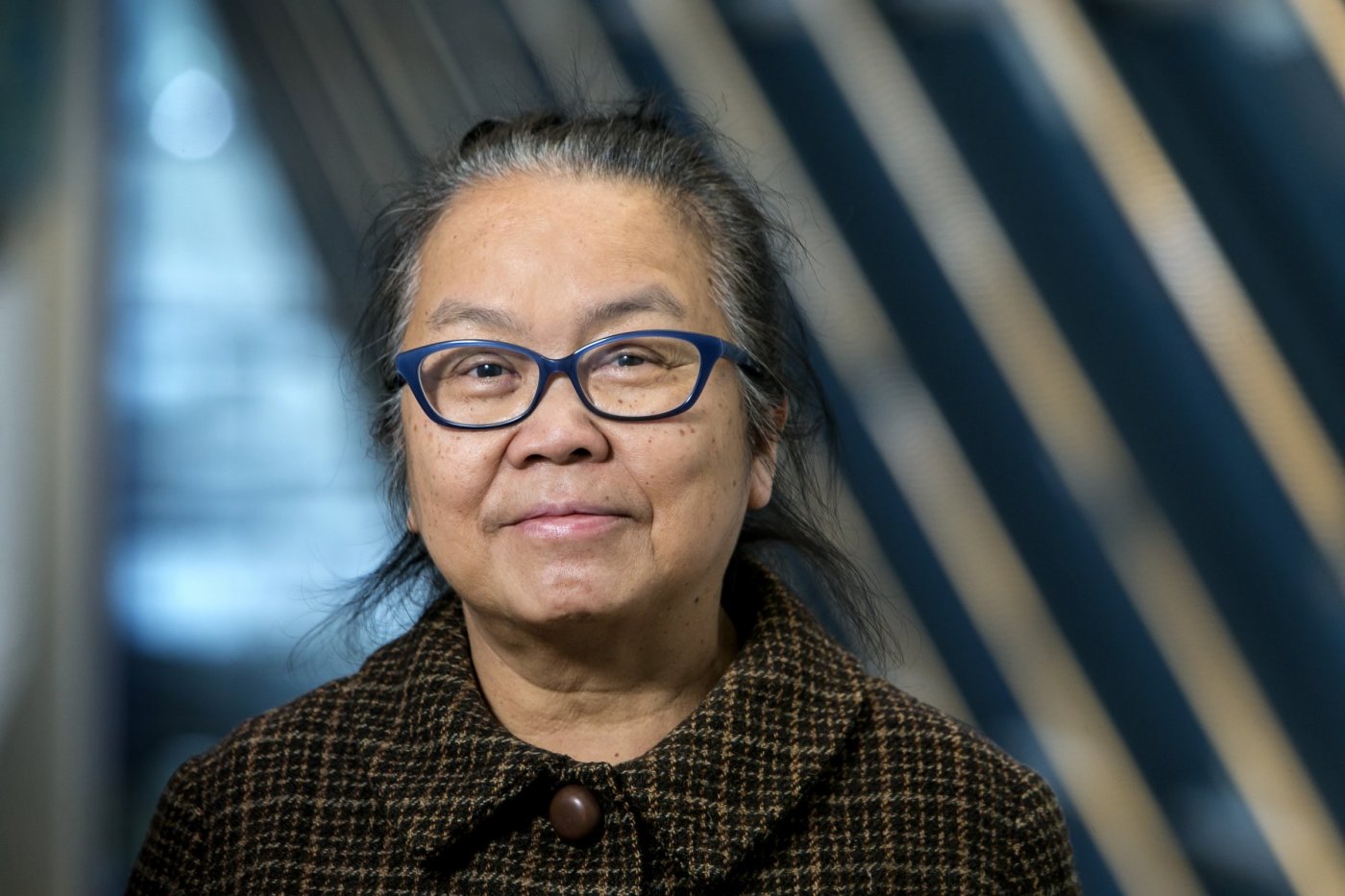Kesara Margrét Anamthawat-Jónsson, professor in botany and plant genetics at the University of Iceland's Faculty of Life and Environmental Sciences, was accepted as a fellow in The Royal Microscopical Society - RMS in the New Year. She is the first Icelandic research scientist to receive this honour.
The Royal Microscopical Society has been at the forefront of microscopy and imaging since 1839. The RMS is dedicated to furthering the science of microscopy. It does so through a wide range of activities that support research and education in microscopy; including the organisation of conferences, training and networking events in the field. The society, furthermore, enables microscopists to make advances and developments in microscopy, cytometry and imaging. The RMS is one of the most prestigious societies in the field, with over 1,500 members.
Kesara has been active on the international scene within associations in the field of microscopy and has been president of SCANDEM Nordic Microscopy Society since January 2014. SCANDEM is an active organization focusing on all aspects related to microscopy that organises a conference annually. The conference has twice taken place in Iceland, 2009 and 2017, both times at the University of Iceland.
Kesara was offered a seat on the board of The Royal Microscopical Society - RMS through her work as president of SCANDEM, first research scientist outside of the United Kingdom. The aim of her participation is to strengthen the collaboration between British and Nordic scientists in the field of microscopy.
Kesara was on the board of the The Royal Microscopical Society - RMS from mid-year 2015 until the autumn of 2018. After her period as a board member ended, it was decided to bestow upon her the title Fellow of the Royal Microscopical Society for her outstanding work.
Kesara says that the two societies, SCANDEM and RMS, have achieved great success together; especially within the European and International microscopical societies and that there are exciting times ahead in the field of microscopy. The United Nations have, furthermore, decided to celebrate the centennial of the electron microscope by declaring 2023 the year of the microscope.
Kesera uses microscopy extensively in her research in Icelandic plant genetics, and she has made various discoveries in the field in collaboration with students and other partners, both in Iceland and abroad.




